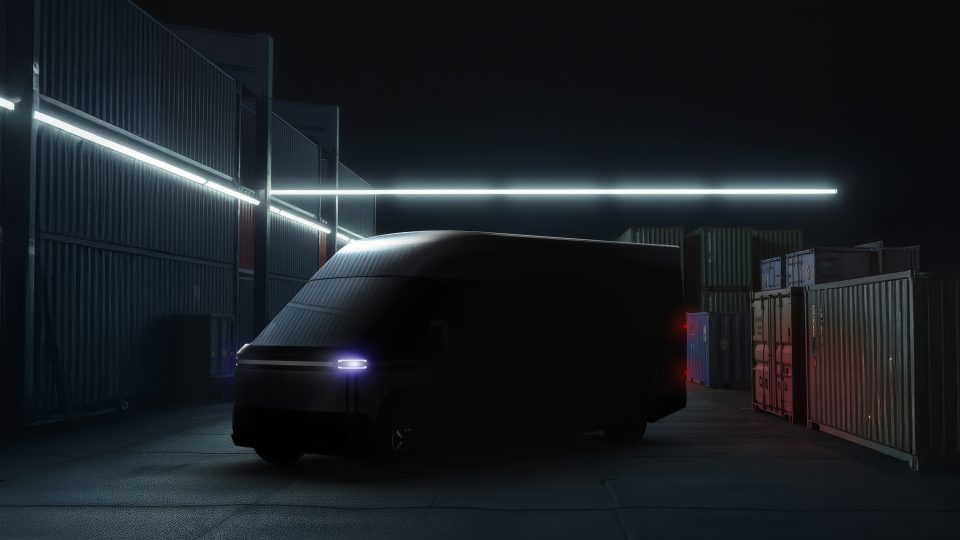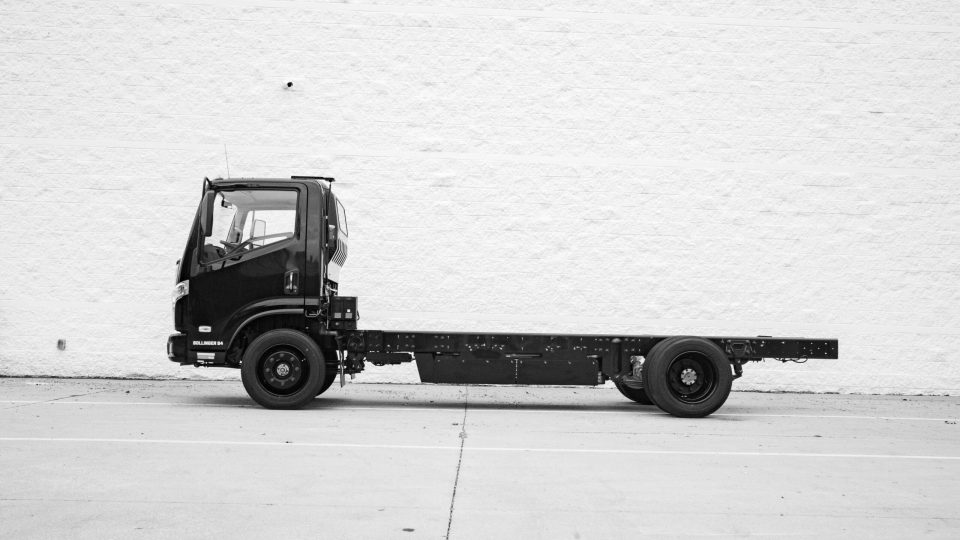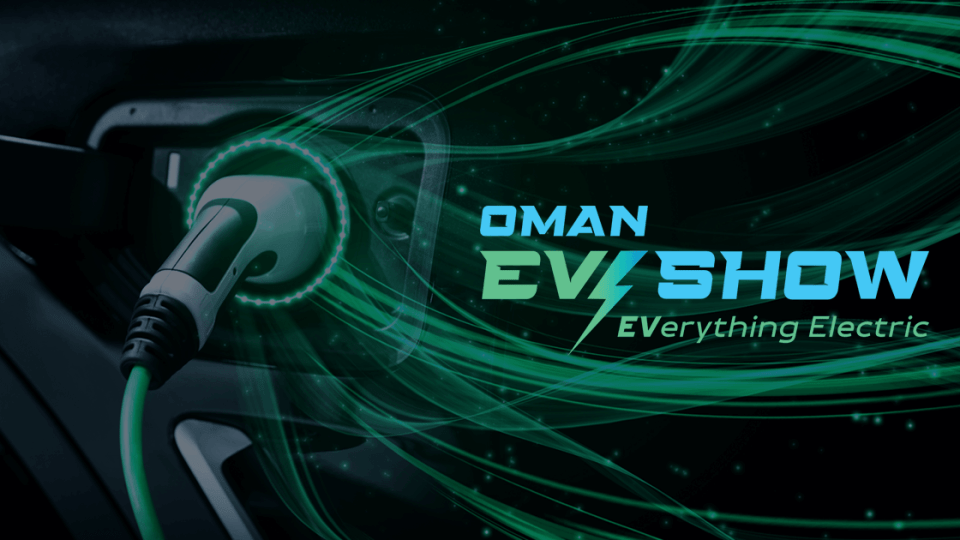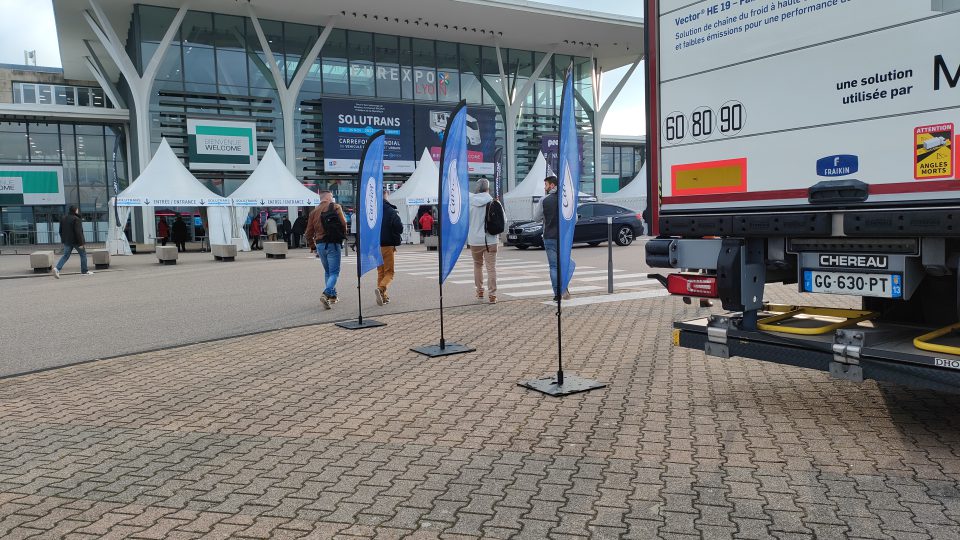IVECO and Shell to cooperate in view of road transport decarbonization
During the digital event ‘Towards Net Zero Emissions - The path to a sustainable, heavy-duty transport system’, IVECO and Shell engaged industry experts in a discussion on the path to road transport decarbonization. The speakers focused on the need for wider adoption of cleaner energy sources and the role LNG and Bio-LNG must play in the transport energy mix.
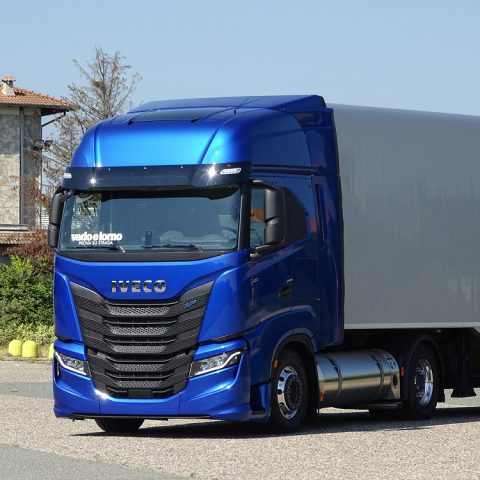
During the digital event ‘Towards Net Zero Emissions – The path to a sustainable, heavy-duty transport system’, IVECO and Shell engaged industry experts in a discussion on the path to road transport decarbonization. In addition to the challenging goal of IVECO achieving climate neutrality by 2040 (ten years ahead of EU limits), the speakers focused on the need for wider adoption of cleaner energy sources and the role LNG and Bio-LNG must play in the transport energy mix, along with developments in vehicle efficiency, electric and hydrogen propulsion technologies. This is a huge transition that requires the cooperation of multiple actors, including stakeholders, the energy industry, vehicle manufacturers, customers and institutions.
IVECO and Shell join roadmap for energy transition
The digital event was moderated by Tarek Helmi, Partner & Leader Future of Energy at Deloitte, who presented an overview of industry trends and introduced the topic of LNG and Bio-LNG in transport. This was followed by Luca Sra, Chief Operating Officer IVECO Truck Business Unit and Patrick Carré, Vice President Global Commercial Road Transport, Shell, who outlined IVECO and Shell’s roadmap for sustainable transport in a rapidly evolving sector and the two companies’ ambitions for the energy transition.
«At IVECO, we approach the challenge of air quality and climate change with a sense of urgency, because these kinds of issues won’t wait. This is why IVECO has committed to being fossil-free by 2040, 10 years ahead of the ambitious carbon neutrality target set by the European Commission», said Luca Sra.
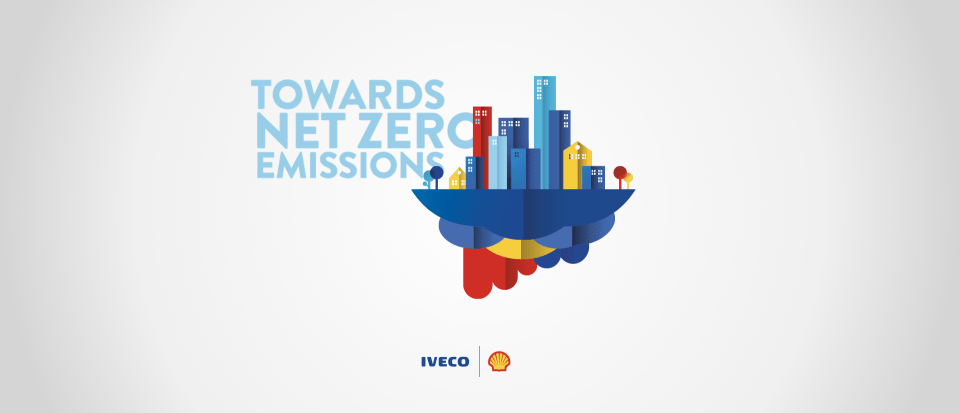
«The decarbonisation of the transport industry is not only necessary, it is also possible. To do so, all stakeholders involved in the biomethane value chain need to join forces to support the further development of the technology and promote the role of biomethane in achieving the CO2 reduction target for heavy transport».
The key role of bio-LNG
After the introductory statements, Tarek Helmi opened the panel discussion with Giandomenico Fioretti, Alternative Propulsion Business Development Director at IVECO, Christian Hoellinger, Downstream LNG Europe Lead at Shell, Matthias Maedge, Director of Advocacy for IRU and Christoph Domke, Senior Director and Clean and Smart Mobility Lead at FTI Consulting. The debate started with an in-depth look at the increasing demand for low-emission vehicles coming from customers.
Giandomenico Fioretti highlighted that the demand for LNG vehicles has grown steadily from a niche product in 2015 to now represent 4 percent of the total industry volume. The panel continued with a discussion on the advantages of LNG and Bio-LNG technology and the availability of biomethane, which currently accounts for an average of 17 percent of the gas used in transport in the European Union and will become increasingly available in the coming years.
The speakers then discussed regulatory aspects, the state of technological development and the infrastructure to further increase the production of Bio-LNG as a key enabler to achieve zero CO2 emissions.




